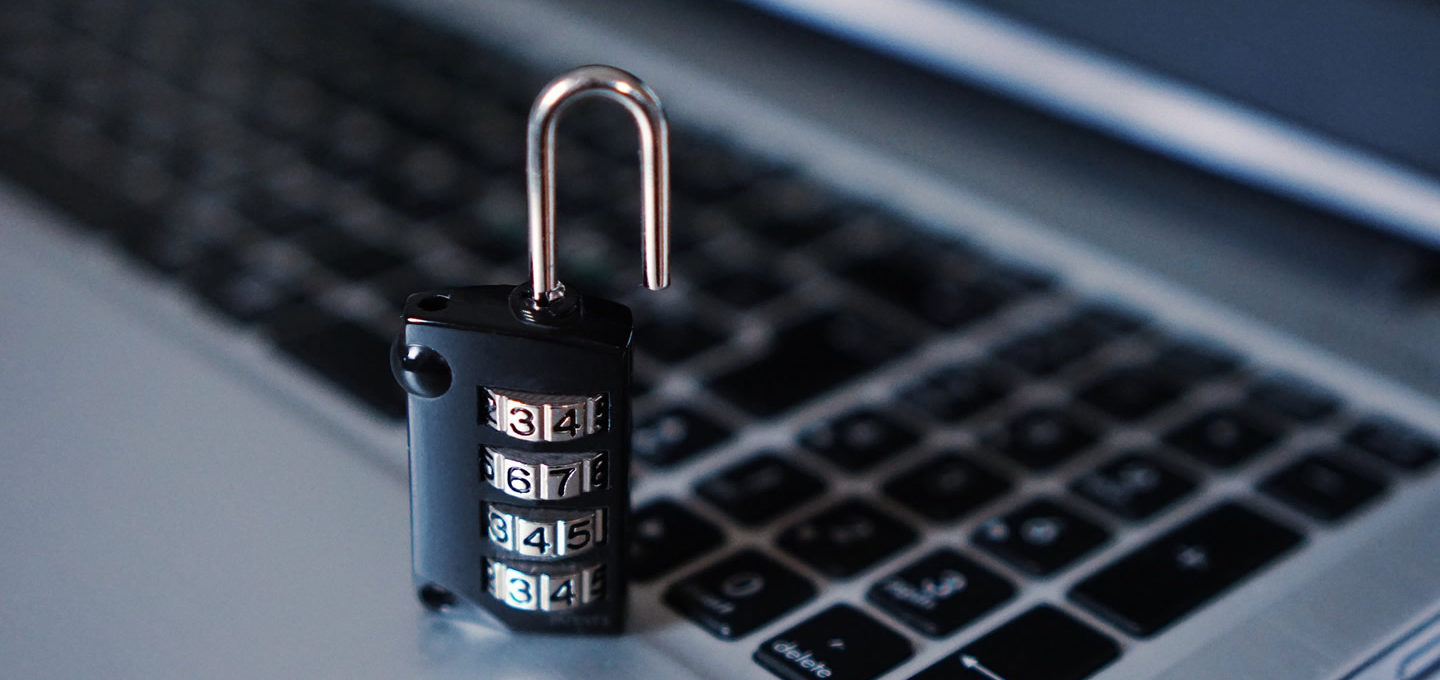As more and more dollars flow into the online gaming industry through connected gaming consoles and the explosion of modern budget gaming PCs, cyber criminals are increasingly attacking this fast-growing and lucrative market.
Last year, Yahoo discovered the biggest hacks ever – not one, but two. The first breach involved 500 million user accounts that took place in 2014 and the second involved over $1 billion accounts and dates back to 2013. Worryingly, Yahoo only became aware of the two attacks last year, before disclosing the attack publicly and forcing users to update their passwords. Both of the breaches included email addresses, names, phone numbers, hashed passwords, dates of birth and encrypted security questions and answers.
No gaming firm has been hacked to this scale yet, but as these communities grow it is likely only a matter of time. In 2015, Steam; one of the largest video game platforms in the world, admitted that up to 77,000 gamer accounts were being breached every month. Following this disclosure, Kaspersky begun investigating to expose how cyber criminals were exploiting quite an alarming number of gamers.
Three months later, Kaspersky Lab researcher Pontiroli announced that together with his team, they had discovered a new type of malware created specifically to breach Steam accounts. This malware, dubbed “Steam Stealer” can find its way round a Steam client’s built-in protocols thus enabling the criminals to access data they can use to hack into player’s account.
Xbox and PlayStation forums have also been hacked, and there has been continuous theft of data from millions of users. These unofficial PlayStation PSP ISO and XBOX360 ISO forums that have been used to share links to pirated software were allegedly hacked in September 2015. The Cyber-criminals are said to have stolen passwords and email addresses belonging to more than 2.5 million registered gamers.
Cyber threats to online gamers are not new, but cases are rarely reported. Out of 1.2 billion players worldwide, almost 700 million play online. Money-minded hackers see this as a golden opportunity considering the video game industry generates annual revenues of over $86.8 billion, double that of the film industry.
How to Protect Your Data in 2017
Estimating the amount of money, energy and effort needed by a company or you as a gamer to ensure maximum security is tricky. There are always loopholes no matter how strict you try to be with your data security. However, the steps below can be taken to minimise risks.
- Try the two-factor authentication:This involves combining a strong password with your ID verification to make it stronger. By doing so, you allow a service to confirm your identity while you try to log in to your gaming account and make it more difficult for a stranger to log in.
- Do not use the same password: Hackers find it easy to breach accounts that use the same passwords over a long period of time. Therefore, it is important to ensure the log in codes to each of your gaming accounts is unique. No passwords should be the same. Make each password, long and complex.
- Use a password manager:Long, complex passwords could be difficult to remember especially if you operate a number of online gaming accounts. To avoid confusion, you will need a password manager to help you keep track of all of your passwords. This means you can come up with complex passwords with no fear of forgetting since you have them backed-up. There are many useful tools that may be of use including Dashlane, 1Password and Last password. Pick one and stick with it.
- Keep changing your passwords: To avoid being an easy target to cyber criminals, always keep all your passwords updated from time to time. In a nutshell, one password shouldn’t stay in use for a very long time. Also, you should always check to see if any of your gaming accounts have been affected if there’s any news of hack.
Photograph by The Digital Way

